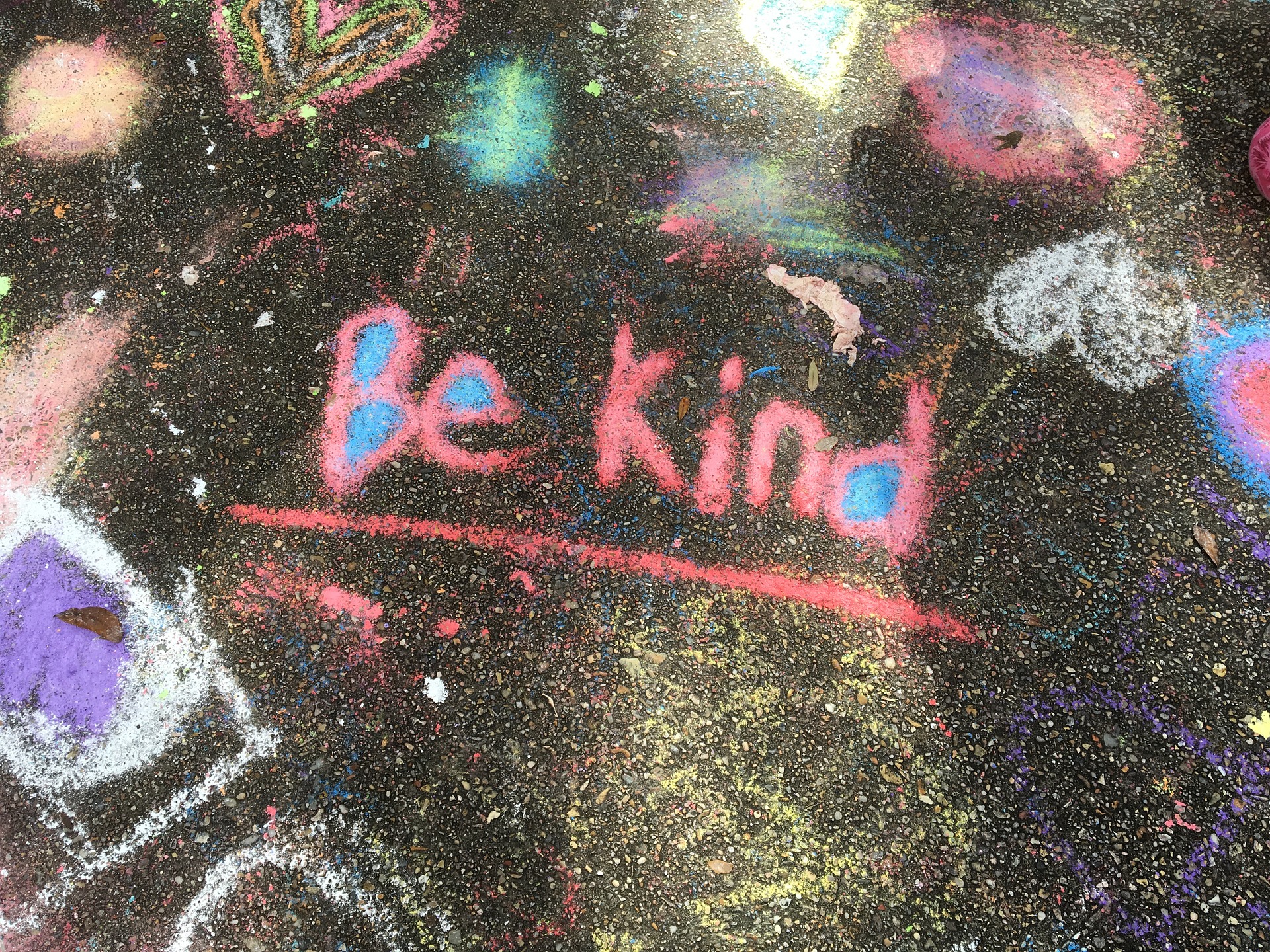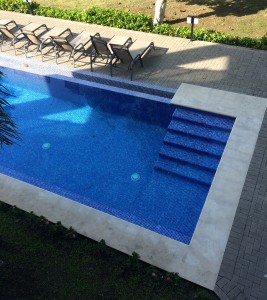
 One thing that’s emerging from discussion about the New Green Deal is that to act ecologically, to believe that climate change is real and that we must all work together to avert the worst of it, is now considered by some a radical leftist notion.
One thing that’s emerging from discussion about the New Green Deal is that to act ecologically, to believe that climate change is real and that we must all work together to avert the worst of it, is now considered by some a radical leftist notion.
It is a given that the corporations must change their ways, must stop polluting and destroying the commons – the natural resources that belong to us all as citizens of this planet. The government must stop rolling back environmental protections — and put back the ones it’s stripped away while also stopping the flow of those resources to profiteers. But at the same time we as individuals can live in ways that help move us evolve into a society that places less strain on our planet.
You can #resist through the way you exist, and particularly the ways you spend money. Corporations have developed enormous systems designed to sell you stuff, to create anxiety in you and then offer material goods promising to soothe that anxious ache. All that angst will go away if you just buy the right celebrity’s brand, they say, and then laugh all the way to the bank while you stand there, not sure how you’ve been conned. Opt out!
Here are some things I’ve been trying to do more of this year:
...

As mentioned in the Wall Street Journal (hello new readers coming from there!) last year, I came up with a new class, “Punk U: The Whys and Wherefores of Writing -punk Fiction“, which attempted to explore some of the -punk subgenres, starting with cyberpunk and progressing through steampunk, dieselpunk, nanopunk, solarpunk, afropunk, monkpunk, mannerpunk, and a dozen others. Of all of them, the most fascinating to me — and the one that’s had the greatest influence on my recent fiction, is hopepunk.
What is hopepunk? The term was first coined by Alexandra Rowland as the antithesis of “grimdark,” a speculative genre featuring fatalistic nihilism and a tooth vs. claw environment. She wrote:
“The essence of grimdark is that everyone’s inherently sort of a bad person and does bad things, and that’s awful and disheartening and cynical. It’s looking at human nature and going, “˜The glass is half empty. “˜Hopepunk says, “˜No, I don’t accept that. Go fuck yourself: The glass is half full.’ Yeah, we’re all a messy mix of good and bad, flaws and virtues. We’ve all been mean and petty and cruel, but (and here’s the important part) we’ve also been soft and forgiving and kind. Hopepunk says that kindness and softness doesn’t equal weakness, and that in this world of brutal cynicism and nihilism, being kind is a political act. An act of rebellion.”
She wrote more about hopepunk in a follow-up essay, “One Atom of Justice, One Molecule of Mercy, and the Empire of Unsheathed Knives and expands on the idea of kindness as a political act further in this great essay:
Just the amount that I have seen people get more politically active in the last year has been amazing. I want to point out that kindness doesn’t necessarily mean softness. Kindness can mean standing up for someone who’s being bullied. If someone has a gun to your friend’s head, punching the guy with the gun is an act of kindness because you’re saving someone through that. So kindness is not always soft.
Kindness is not necessarily passive. Kindness is something that you can go out and fight for. Going to a protest, if you frame it in a particular way, is an act of kindness because you’re doing something for the future. You’re contributing to the future. You’re putting more good in the world is I think how I would define doing kindness. If you see someone being shouted at by a bigot on the subway, just standing up for them and having their back is an act of kindness.
And being kind also is something that requires so much bravery sometimes.
...

I have never been a good swimmer. It’s quite possible I never will be. When I was a kid, my parents kept enrolling me in swimming lessons, and I kept being a terrible swimmer who refused to put my head under water. Part of it was that I’d learned by then that if I got water in my ears, an ear infection wouldn’t be far behind, so every lesson was a silent battle to avoid putting my head underwater. It wasn’t till high school, when several friends decided I would learn to swim (bless you, Ann, Ann, Anne, and Maureen), that I actually got to the point where I could float long enough to survive a (fairly brief) period if I ever fell off a boat. Couple that with an illness that made me extremely self-conscious in a swimsuit for a long time, and you can see why I just don’t get in the water very much.
So here we are in Costa Rica, with a swimming pool right outside our balcony, and a temperature that makes that pool pretty darn inviting. So I got in and splashed around, and finally decided to do a little swimming. And you know what — I liked it. I liked it a lot. And found myself going back repeatedly. Right now I’m going to finsih up this post and then go do it some more.
It took a while to get over the panicked feeling that I was falling forward, that the water wouldn’t hold me up. I kept insisting on starting on the deeper end and swimming towards the shallower, because that way if I put a foot down, I’d be able to hit the bottom. But with every time I made it all the way, it got easier. I started trusting the water (and myself) more.
I’m not claiming I’m going to become a good swimmer anytime soon, or that I’m ever going to like getting water up my nose. But I’m better at it, and certainly more confident about it. And I’ve found something that I like doing, and that I will be trying to incorporate more in my life.
And that — as with so many things in life — applies to writing. Those first attempts to do something new and scary may well be awkward and uncomfortable. In fact, they probably will. Because that’s how we learn. It’s very hard to get good at something without being pretty bad at it at first. And in doing these things, you learn to trust the universe a little more. Which I see as a pretty good thing.
So it’s a Monday morning. Here’s my challenge for you. By Friday, go write or do something that scares you. And come back and tell me what you did.
Enjoy this writing advice and want more content like it? Check out the classes Cat gives via the Rambo Academy for Wayward Writers, which offers both on-demand and live online writing classes for fantasy and science fiction writers from Cat and other authors, including Ann Leckie, Seanan McGuire, Fran Wilde and other talents! All classes include three free slots.
Prefer to opt for weekly interaction, advice, opportunities to ask questions, and access to the Chez Rambo Discord community and critique group? Check out Cat’s Patreon. Or sample her writing here.
...
Want access to a lively community of writers and readers, free writing classes, co-working sessions, special speakers, weekly writing games, random pictures and MORE for as little as $2? Check out Cat’s Patreon campaign.

"(On the writing F&SF workshop) Wanted to crow and say thanks: the first story I wrote after taking your class was my very first sale. Coincidence? nah….thanks so much."